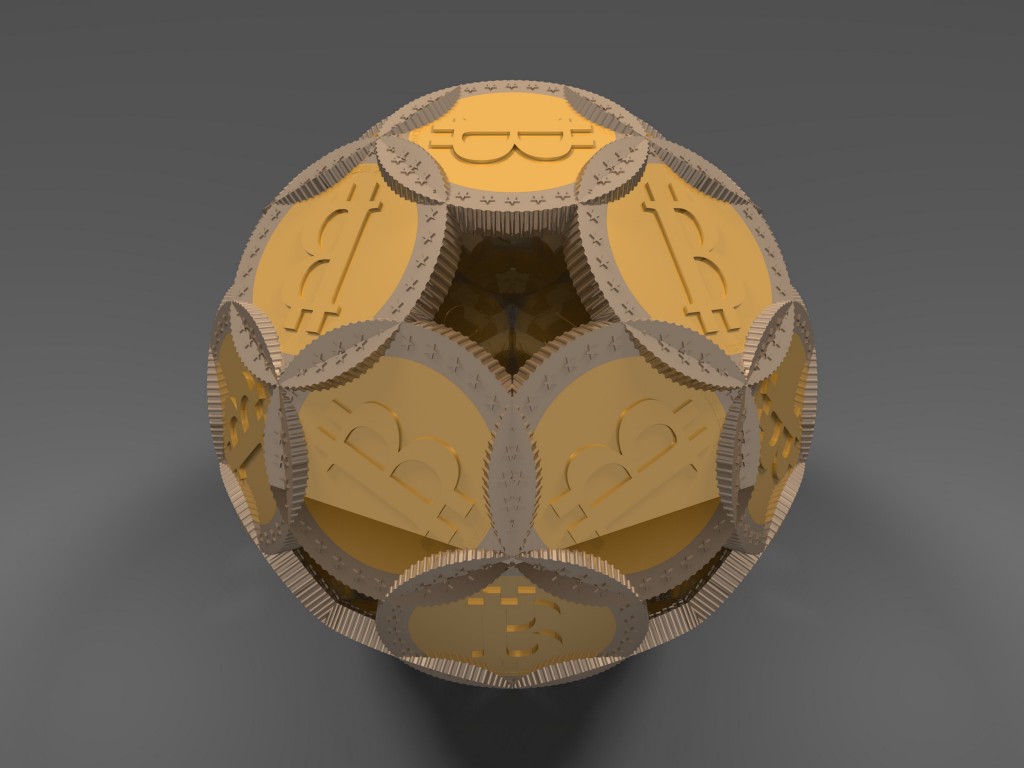Florida Judge Rules: Bitcoin Is Not Money
Because you can’t put it under a mattress, apparently.

At the beginning of the month, I highlighted an unusual Florida court case involving money laundering and bitcoin. The judge, Teresa Pooler, would have to make the first court ruling on whether bitcoin should be considered money, or whether bitcoin is more appropriately defined as property.
Judge Pooler was initially predicted to make her decision on July 1. The actual decision came yesterday, and Pooler ruled that bitcoin is NOT money.
Bitcoin not money, Miami judge rules in dismissing laundering charges
In a case closely watched in financial and tech circles, the judge threw out the felony charges against website designer Michell Espinoza, who had been charged with illegally transmitting and laundering $1,500 worth of Bitcoins. He sold them to undercover detectives who told him they wanted to use the money to buy stolen credit-card numbers.
But Miami-Dade Circuit Judge Teresa Mary Pooler ruled that Bitcoin was not backed by any government or bank, and was not “tangible wealth” and “cannot be hidden under a mattress like cash and gold bars.”
Pooler also ruled that selling bitcoin did not count as money laundering:
“This court is unwilling to punish a man for selling his property to another, when his actions fall under a statute that is so vaguely written that even legal professionals have difficulty finding a singular meaning,” she wrote.
It’s kind of hilarious that part of Pooler’s “is it money?” deliberation included “can you hide it under a mattress?” I mean, did nobody bring up the fact that tangible bitcoins are real and you can hide them under mattresses if you really want to?
10 Physical Bitcoins: The Good, The Bad and The Ugly
You can even 3D print your own bitcoins, if you want. But it’s not like printing your own money, because every 3D printed plastic bitcoin has to have a real bitcoin—which is to say, a bitcoin address and an access key—embedded inside. (No, I don’t know what happens if you print off two bitcoins with the same bitcoin address inside. The other bitcoin people probably aren’t going to like it.)
It’s also not like printing money because bitcoin isn’t money. We’ve heard the ruling. It’s settled law, and I am sure the question will never, ever come up again.
Support The Billfold
The Billfold continues to exist thanks to support from our readers. Help us continue to do our work by making a monthly pledge on Patreon or a one-time-only contribution through PayPal.
Comments